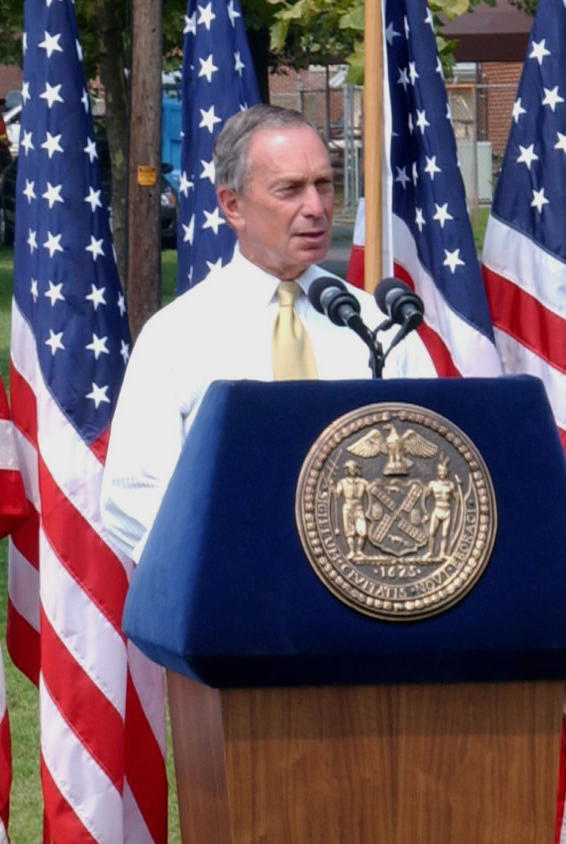The Bloomberg Gambit
Generally speaking, I think the “would Bernie have won?” debate is kind of interesting as a thought experiment, without being terribly productive in practical terms. . We know that Clinton lost, and we have very good reasons to believe that her defeat was not structurally inevitable; we’re not debating how many Gary Hart’s could dance on the head of a pin. Clinton might have won if she had avoided foreseeable and unforeseeable mistakes (and there is justifiable debate on which might be which), and another candidate might have won if s/he had different characteristics than Clinton.
Would Bernie have been that candidate? Sure, maybe. The early cycle polling advantage over Trump doesn’t seem to me to be very compelling evidence that Bernie would definitely have won, but it’s a data point in his favor. Then again, the fact that Clinton won the Democratic primary by a substantial margin, while running a more centrist campaign, is a data point in her favor. We can go state by state, but it’s certainly possible that there would have been systematic differences between Bernie and Clinton that would have had an impact (positive or negative) across several states at once.
Along these lines, it was interesting to read Tomasky’s take on a Bernie campaign, particularly the bit about Michael Bloomberg:
The main point is that if Sanders and Trump had secured their respective nominations, Mike Bloomberg vowed that he would have gotten in the race, and that would have split the center-left vote.
Bloomberg, first of all, would have spent the money to ensure that he qualified for most state ballots. He also would have had the money to campaign nonstop and buy ads and set up field operations. The mainstream media would have loved him, hailed him as the sensible choice. A number of Democrats, not bound to Sanders due to his lack of party affiliation, would have endorsed Bloomberg if they felt doing so wouldn’t hurt them in their districts or states. Turnout among blacks and Latinos, whom Sanders never caught on with beyond the youngest voters, would have been lower.
Given all this, Bloomberg would almost surely have hit the 15 percent threshold that would have landed him on the stage of the three debates.
I’m not quite convinced. Granting that Bloomberg would have run (vow notwithstanding, it’s not a certainty), to cost Bernie the election, Bloomberg would have had to peel away more centrist Dems from Sanders than he took squishy suburbanite Republicans from Trump. And even if he didn’t impact Trump all that much, a fair amount of his support would have been carved out of Johnson and McMuffin. Centrist Dems might have deserted Bernie (there were, believe it or not, people in the Dem primary who genuinely disliked Bernie), but they haven’t historically displayed much proclivity for third parties. Finally, the greatest portion of Bloomberg’s support would likely have come in states (California, New York, New Jersey) that Bernie would have dominated anyway.



